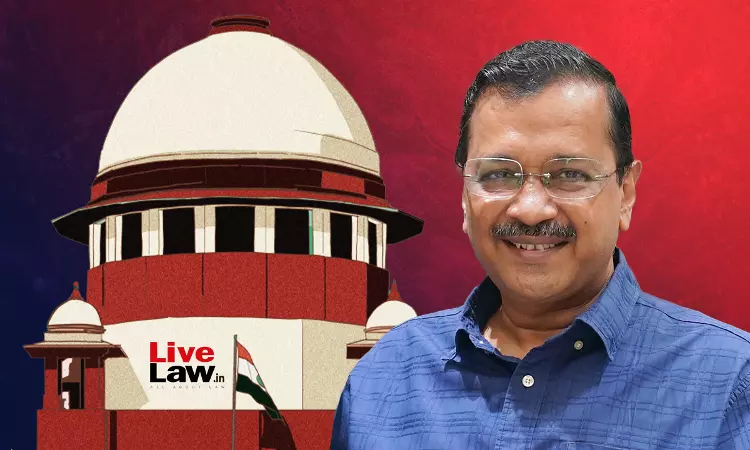Arvind Kejriwal Moves Supreme Court Seeking Extension Of Interim Bail In Delhi Liquor Policy Case
Debby Jain
27 May 2024 10:08 AM IST

Next Story
27 May 2024 10:08 AM IST
In the latest development, Delhi Chief Minister Arvind Kejriwal has moved the Supreme Court seeking extension of interim bail granted to him in the Delhi Liquor Policy case on May 10.The Aam Aadmi Party chief, who was released from judicial custody as an interim measure for the purposes of campaigning during Lok Sabha elections, said that he has to undergo diagnostic...
